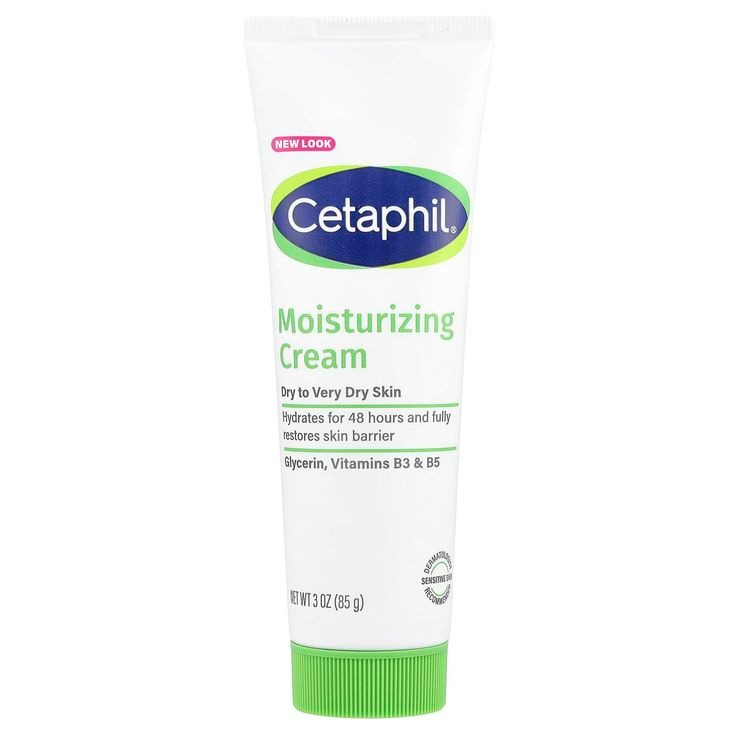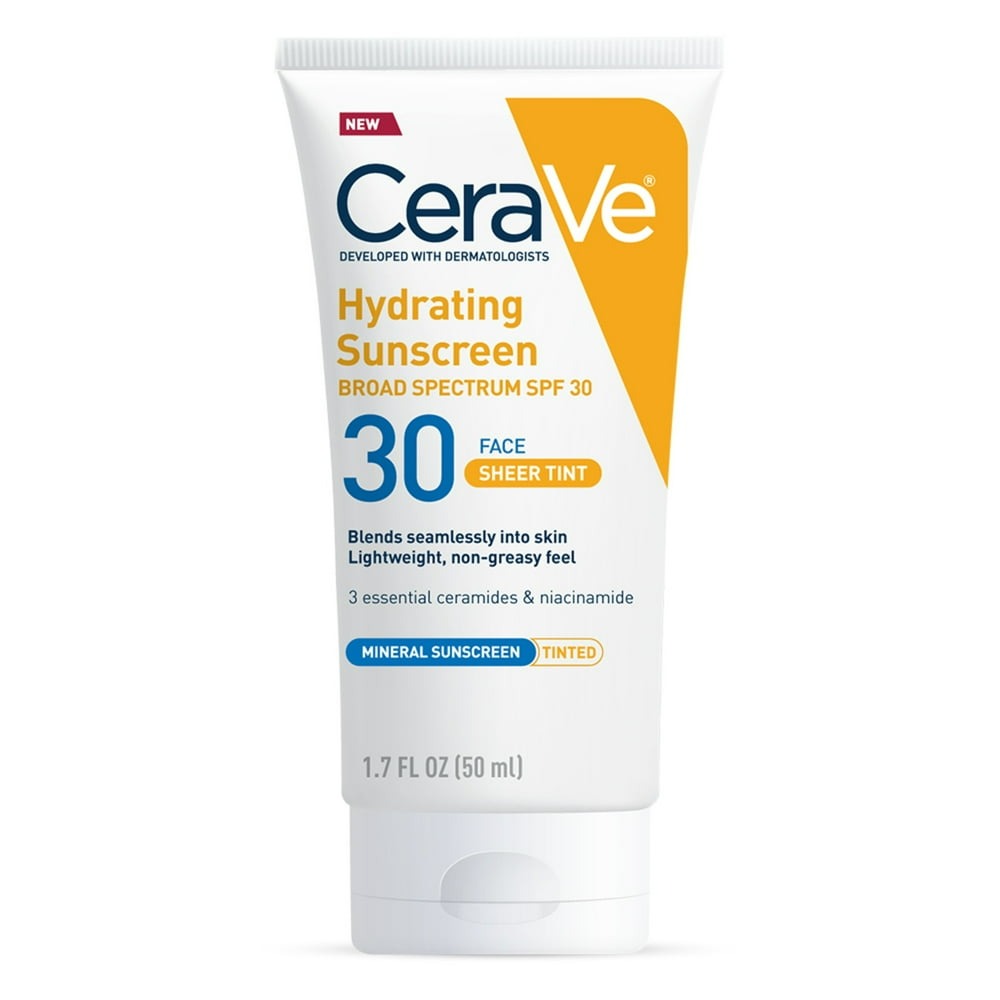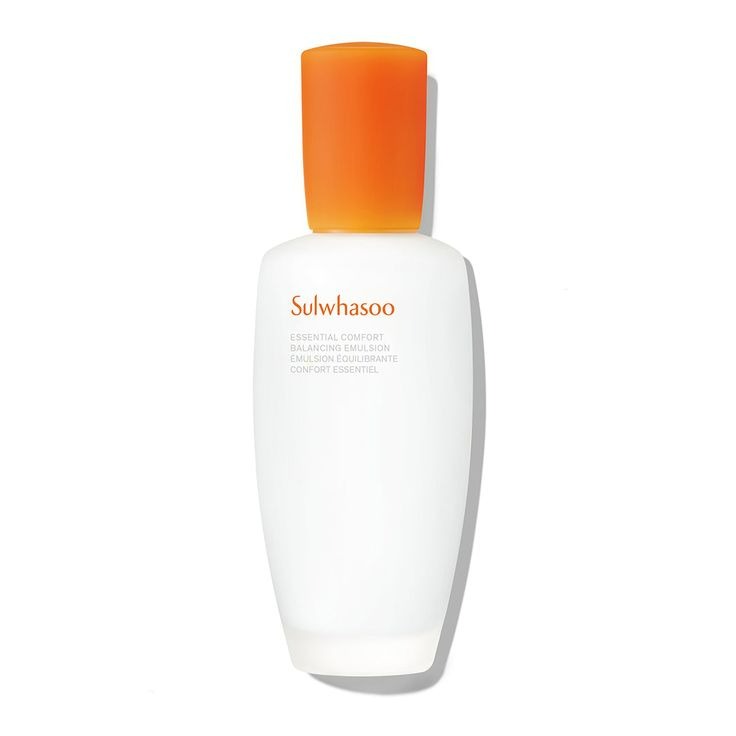Introduction to Sensitive Skin
Caring for sensitive skin begins with understanding its distinctive needs. Sensitive skin reacts more than other skin types. It can show redness, itching, or dryness when exposed to irritants. Identifying these irritants and how they affect your skin is key to managing sensitive skin care.
Identifying Sensitive Skin
To identify if you have sensitive skin, look for common signs. These signs can include redness, rashes, burning sensations, and extreme dryness. You may also notice that your skin reacts shortly after contact with irritants. If these symptoms are frequent, you likely have sensitive skin. It’s important to note how your skin feels daily. This helps in recognizing patterns and triggers.
Common Triggers for Skin Sensitivity
Several factors can trigger skin sensitivity. Common triggers include harsh weather conditions like wind and extreme temperatures. Skincare products with chemicals or fragrances can also cause reactions. Even stress and hormonal changes could affect your sensitive skin. By knowing these triggers, you can take steps to avoid them. Stick to products formulated for sensitive skin care. Adjust your daily habits to protect your skin from these triggers.

Daily Skincare Routine for Sensitive Skin
Creating a daily skincare routine is vital for maintaining the health of sensitive skin. Keeping the routine simple helps to minimize the risk of irritation.
Gentle Cleansing Practices
Start with a gentle cleanser. Look for products labeled as ‘fragrance-free’ and ‘for sensitive skin’. Use lukewarm water, not hot, to avoid stripping the skin of its natural oils. Pat your skin dry with a soft towel instead of rubbing. Cleansing should be done twice daily, morning and night, to keep your skin clean and fresh.
Essential Moisturizing Tips
After cleansing, apply a moisturizer that’s formulated for sensitive skin care. Moisturizers help to create a barrier and lock in moisture, which is crucial for sensitive skin. Choose products with hydrating ingredients like hyaluronic acid and ceramides. A good practice is to moisturize while the skin is still damp to enhance absorption.
Sun Protection for Sensitive Skin
Sun protection is an indispensable part of sensitive skin care. Use a mineral sunscreen with at least SPF 30. Mineral sunscreens contain zinc oxide or titanium dioxide, ingredients less likely to irritate. Apply sunscreen 15 minutes before going outside and reapply every 2 hours. Don’t forget to cover all exposed areas, including the neck and hands.
Choosing the Right Skincare Products
Selecting the right products is crucial for sensitive skin care. The wrong ingredients can worsen your skin’s condition. Pay close attention to labels when shopping for skincare. Opt for products designed with sensitive skin in mind.
Ingredients to Avoid
Some ingredients can be harsh on sensitive skin. Avoid alcohol, fragrances, and sulfates. These can strip the skin’s natural oils and lead to dryness and irritation. Other ingredients to steer clear from are parabens and phthalates. They can trigger allergic reactions. Look for clear labels that list all ingredients. This will help you identify any known irritants.
Hypoallergenic and Non-irritating Formulas
Choose products that are hypoallergenic and non-irritating. Hypoallergenic products have fewer allergens that can cause skin reactions. Non-irritating formulas do not contain harsh chemicals. They are kinder to your skin. Look for products with a seal of approval from dermatology associations. These products undergo tests to ensure they are safe for sensitive skin. Remember, not all natural or organic products are suitable. Some natural ingredients can also irritate sensitive skin. Always patch test new products before using them all over your face or body.

Professional Treatments for Sensitive Skin
When it comes to sensitive skin care, there may come a time when professional advice is required. Often, over-the-counter products and home remedies are not enough. In such cases, professional treatments tailored to sensitive skin can offer significant relief and guidance.
Consulting a Dermatologist
A dermatologist specializes in skin health and is a must-see for those struggling with sensitive skin. They can diagnose your skin’s condition accurately. You’ll get a tailored treatment plan and recommendations for routines or products. Dermatologists can also run tests to identify specific allergens causing trouble. They can help you understand your skin better, to avoid future irritations.
Safe Skincare Procedures for Sensitivity
There are certain procedures offered by skincare professionals that are safe for sensitive skin. These include gentle facials that use mild, hydrating products. Light therapies or laser treatments might be options, under expert supervision. Always ensure the professional is aware of your sensitive skin. This will help them choose the safest, most effective treatments.
Lifestyle Adjustments and Sensitive Skin
Beyond a careful skincare routine, lifestyle plays a big role in managing sensitive skin. It’s about more than what you put on your skin. What you eat and how you handle stress also impact your skin’s health.
Diet and Hydration for Skin Health
A balanced diet rich in vitamins and antioxidants can help nurture sensitive skin. Focus on foods with Omega-3 fatty acids, like fish and flax seeds. They support skin health. Also, drink plenty of water to stay hydrated. Hydrated skin is less prone to irritation and dryness. Avoid spicy foods and alcohol. They may trigger inflammation and skin reactions.
Stress Management and Skin Care
Stress affects sensitive skin. It can make your skin more reactive. Practice stress-relief methods like deep breathing, yoga, or meditation. Sufficient sleep is also crucial. Aim for 7-9 hours per night. Regular exercise can reduce stress hormones that may worsen skin sensitivity. By managing your stress, you maintain your skin’s natural balance.

Managing Flare-Ups and Irritations
For those with sensitive skin, flare-ups and irritations can be common, but they don’t have to be a regular struggle. With the right strategies, you can swiftly address immediate issues and reduce the frequency of these uncomfortable episodes.
Immediate Steps to Calm Irritated Skin
When your skin flares up, immediate action can help calm irritation.
- Cool the Skin: Apply a cool, damp cloth to the affected area. This can soothe redness and heat.
- Gentle Skincare: Temporarily halt the use of any active skincare products. Stick to simple, sensitive skin care items.
- Moisturize Carefully: Use a fragrance-free, soothing moisturizer. This can help restore your skin’s barrier.
- Avoid Irritants: Keep away from known irritants such as certain fabrics or skincare ingredients.
- Hydrate: Drink plenty of water to support your skin’s recovery from the inside.
Remember, if burning or discomfort persists, consult a healthcare provider.
Long-Term Strategies for Reducing Flare-Ups
To prevent future skin irritations, adopt these long-term sensitive skin care habits:
- Gentle Products: Only use skincare products that are gentle and designed for sensitive skin.
- Regular Routine: Stay consistent with your skincare routine. This helps maintain skin balance.
- Diet Choices: Eat foods that support skin health; avoid those that trigger reactions.
- Know Your Triggers: Keep track of what causes your flare-ups so you can avoid them.
- Protect from Extremes: Shield your skin from harsh weather, like extreme cold or heat, which can provoke sensitivity.
By managing your sensitive skin daily, you can reduce the chance of sudden irritations and maintain skin comfort.
When to Seek Medical Help
Seeking medical help is key if sensitive skin care at home fails. Knowing when to get medical help is crucial for your skin’s health.
Signs of Severe Skin Reactions
Watch out for these signs of severe skin reactions:
- Swelling: If areas of your skin swell and it does not go away, see a doctor.
- Intense Redness or Pain: Red and painful skin can be a sign of infection or severe irritation.
- Blisters or Sores: Open sores and blisters could indicate a serious skin reaction needing medical help.
- Fevers or Chills: If skin issues come with a fever or chills, it may be an infection.
- Worsening with Care: If proper sensitive skin care does not improve your skin or it worsens, get medical attention.
Working with Health Care Providers
When you seek help, here’s how to work with health care providers:
- Be Clear: Tell them about your skin’s history and what you have tried.
- Follow Advice: Follow the treatment plan they give you for your sensitive skin care.
- Ask Questions: Don’t be afraid to ask about anything you do not understand.
- Report Changes: If your skin reacts to the treatment, tell your health care provider right away.
- Stay Patient: Sensitive skin may need time to heal, so be patient and follow up as needed.
By taking these steps and working closely with a health care provider, you can manage serious skin reactions and maintain daily comfort.